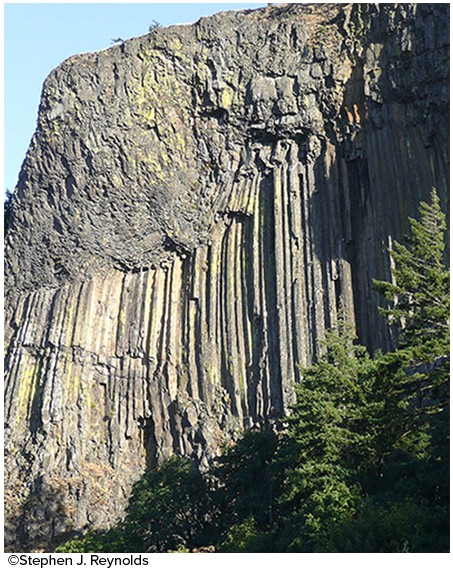The igneous rocks shown in this photograph are forming
A. a dike.
B. columnar joints.
C. an irregular pluton.
D. a volcanic neck.
Answer: B
You might also like to view...
Why is carbon better than lead as a moderator in nuclear reactors?
A) Carbon produces the high energy, high speed neutrons necessary for maintaining the nuclear chain reaction. B) Carbon slows down the neutrons making them more effective in stimulating the nuclear chain reaction. C) Lead absorbs the neutrons rather than allowing them to rebound to maintain the nuclear chain reaction. D) Lead slows down the neutrons making them less effective in stimulating the nuclear chain reaction.
In 2014, the Endangered Species Act of 1973 is ________
A) generally supported by the public but is criticized as putting wildlife before people B) being repealed by the U.S. Congress C) being weakened in funding and enforcement D) now protecting only 1300 species out of an original 3000 E) being harshly criticized by the scientific community
Forty percent of the world's photosynthetic activity is conducted in the euphotic zone of the oceans.
Answer the following statement true (T) or false (F)
The isotope composition of ________ in foraminifera shells from sediment cores are used to determine climate change in Earth history.
A. oxygen B. carbon C. lead D. helium E. uranium